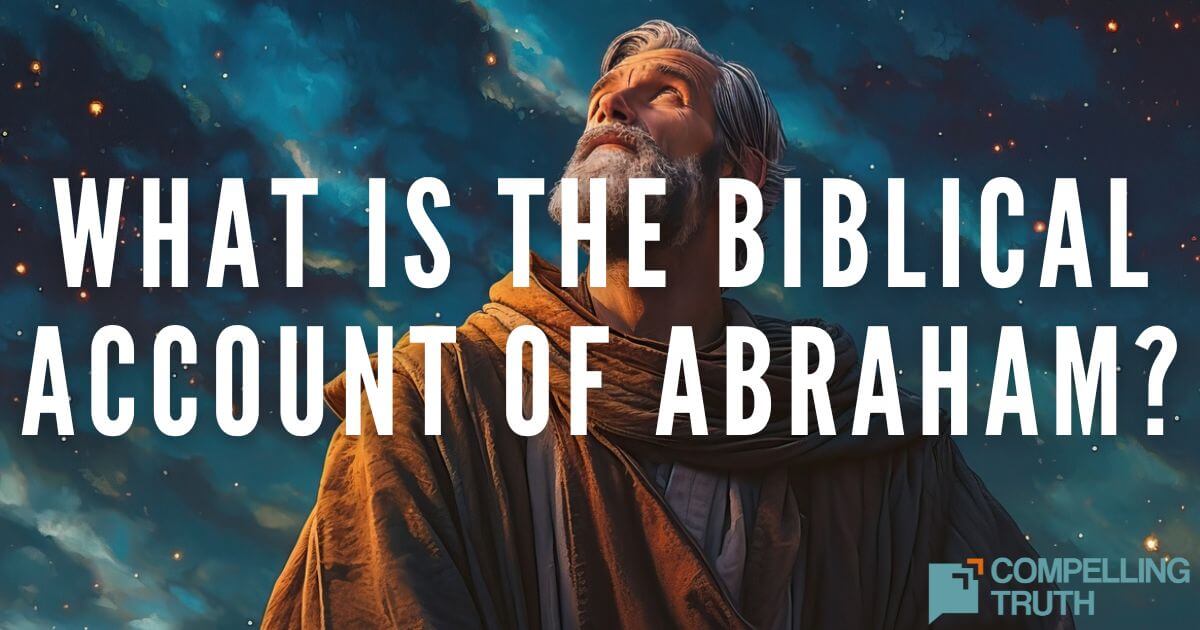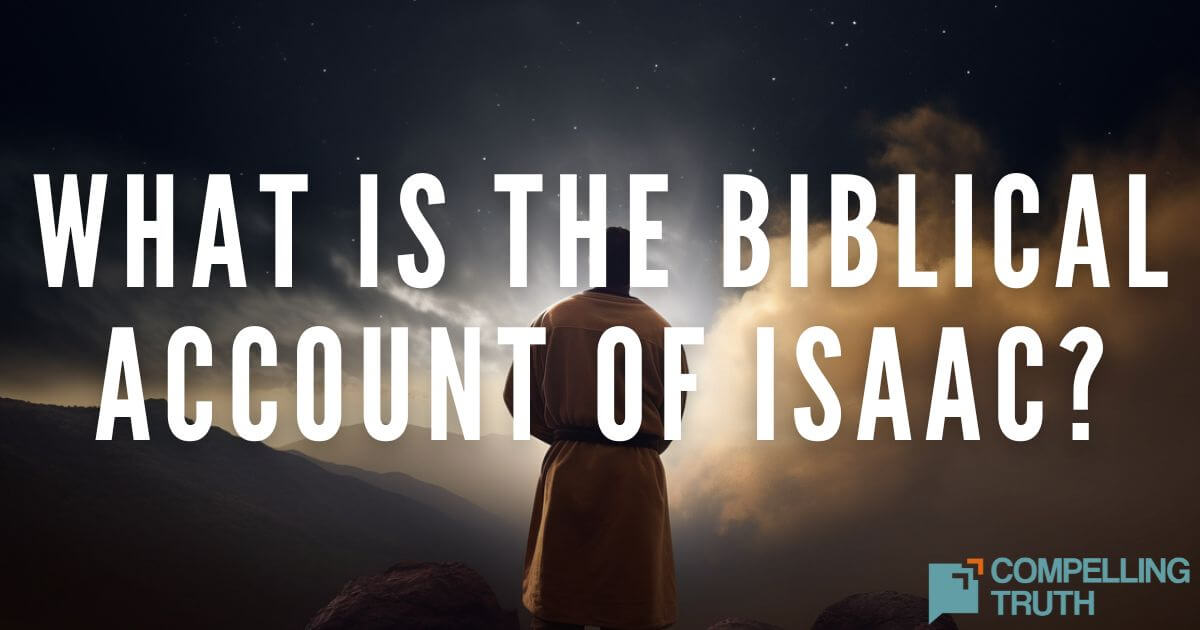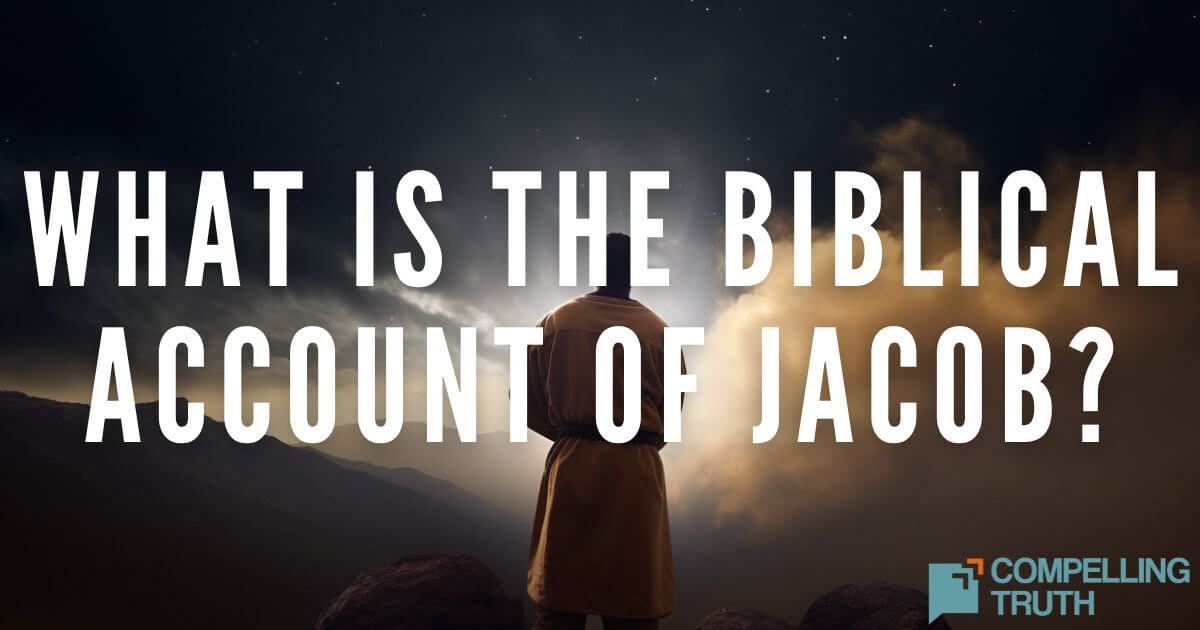Terah was the father of Abram (later named Abraham) in the Old Testament. Despite Terah's initial intent to go to Canaan, the family settled in Haran, where Terah died at the age of 205. Although Terah was not initially a worshiper of the true God, his son Abraham chose to obey God's call; he became the father of the nation of Israel. Terah's is also noted in Jesus' genealogy in Luke 3.
Despite Abraham's family heritage and place of birth, he still had the opportunity to respond in faith to God's call on his life. Another important concept to understand is that God's call on a person's life may differ from his/her own desires and differ from his/her children's calling. Terah wanted to go to Canaan, but it was Abraham whom God called. Similarly, King David wanted to build a temple for God, but it was his son, Solomon, whom God chose for that job (1 Kings 8:18–19). God has unique callings for each of His people. Family history or place of birth should not discourage us from responding to God's call with a faith like Abraham's.




